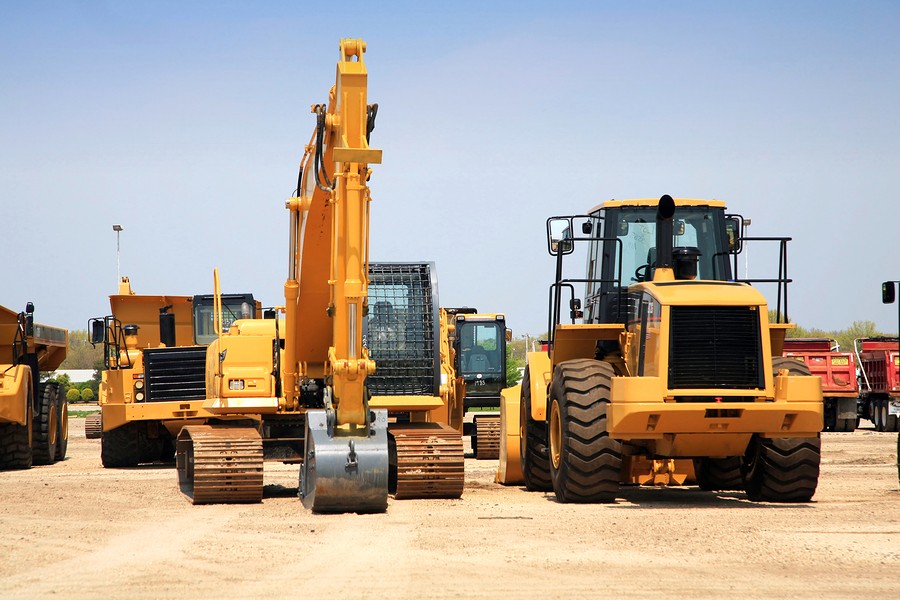In the dynamic world of construction, heavy machinery plays a pivotal role in transforming blueprints into reality. From excavators and bulldozers to cranes and loaders, these machines are the backbone of any construction project. However, the decision to invest in purchasing such heavy machinery is not always straightforward. In recent years, an increasing number of construction companies have recognized the numerous advantages of renting heavy machinery instead of making a significant capital investment. In this blog, we will explore the compelling benefits that renting heavy machinery offers to construction companies, enabling them to achieve operational flexibility, cost-effectiveness, and enhanced project efficiency.
Cost Savings and Cash Flow
One of the primary advantages of renting heavy machinery is the immediate cost savings and preservation of cash flow. Purchasing construction equipment requires a substantial upfront investment, which can strain a company’s finances. Renting, on the other hand, eliminates the need for significant capital expenditure, allowing construction companies to allocate their financial resources more strategically and invest in other critical areas of the business.
Elimination of Ownership Risks
Owning heavy machinery comes with inherent risks, such as depreciation, maintenance costs, and obsolescence. By opting for rental equipment, these ownership risks are transferred to the rental provider. Companies no longer need to worry about the potential expenses related to repairs, spare parts, and equipment updates. This risk transfer allows construction firms to focus on their core competencies without being burdened by equipment ownership concerns.
Access to Latest Technology and Upgrades
The construction equipment industry is continuously evolving, with manufacturers introducing new technologies and improved models regularly. When renting heavy machinery, companies have the opportunity to access the latest equipment models without the commitment of owning outdated machinery. This access to cutting-edge technology translates to improved efficiency and productivity on the job site, helping construction firms stay competitive in a rapidly evolving market.
Flexibility and Scalability
Construction projects often have varying equipment needs depending on their scope and duration. Renting heavy machinery provides unparalleled flexibility and scalability. Companies can tailor their equipment selection to meet the specific requirements of each project, ensuring optimal performance and cost-effectiveness. Additionally, renting allows construction firms to expand or contract their equipment fleet as per project demands, adapting seamlessly to changing business conditions.
Reduced Maintenance and Downtime
Renting heavy machinery shifts the responsibility of maintenance to the rental provider. With regular maintenance and inspections included in the rental agreement, companies can expect reliable and well-maintained equipment. This proactive approach minimizes downtime due to unexpected breakdowns, ensuring uninterrupted progress on construction projects and meeting tight deadlines.
Elimination of Storage and Transport Costs
Owning heavy machinery involves the additional expenses of storage and transportation. Large construction equipment requires significant space for storage, which can be a challenge for smaller construction companies or projects with limited on-site facilities. Rental equipment is delivered directly to the job site, eliminating the need for transportation and reducing logistical complexities.
Conclusion
Renting heavy machinery offers a multitude of advantages that empower construction companies to operate efficiently and strategically. By minimizing upfront costs, eliminating ownership risks, accessing the latest technology, and enjoying enhanced flexibility and scalability, construction firms can optimize their equipment resources and focus on delivering successful projects. With reduced maintenance responsibilities, improved cash flow, and the ability to tailor equipment to specific project needs, the case for renting heavy machinery becomes compelling. As the construction industry continues to evolve, renting heavy machinery proves to be a smart and advantageous choice for construction companies aiming to thrive in a competitive and ever-changing market.












